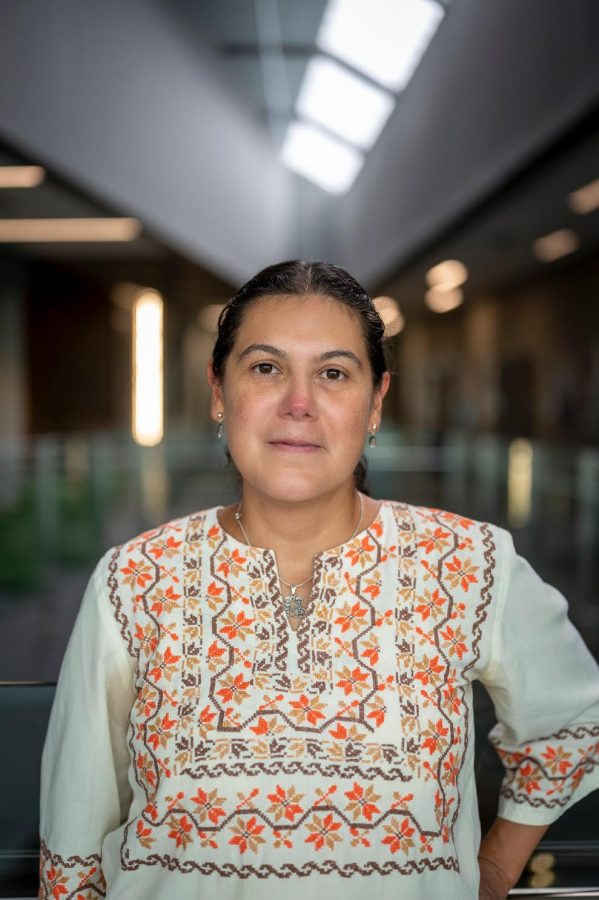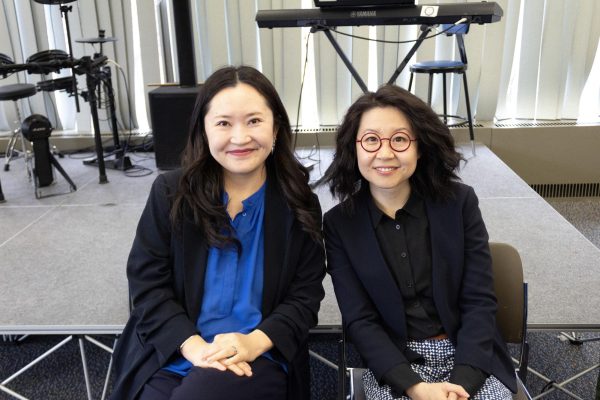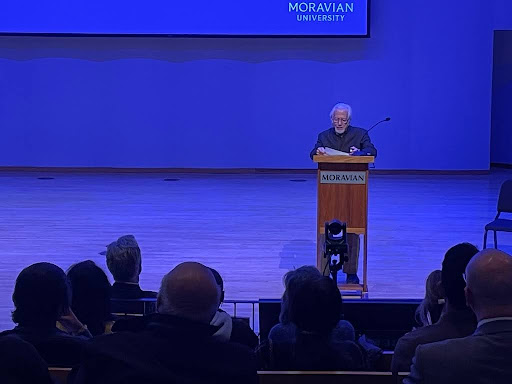Dr. Aguilar and the Expectations of Domesticity in 1950s Mexico
Dr. Sandra Aguilar- Rodríguez, an associate professor of history at Moravian University, recently published “Homemaking in 1950s Mexico, Women, Class, and Race Through the Kitchen Window,” a chapter in “Food Studies in Latin American Literature: Perspectives on the Gastronarritive.” The book was recently awarded the Best Culturally Themed Academic Book by Empowering Latino Futures at the 24th International Latino Book Award ceremony in Los Angeles.
Aguilar’s work tells the history of 1950s Mexico and its culinary culture, bringing to life the struggles of the average Mexican family of that time. In particular, Aguilar explores the pressure those families faced to adopt the modern and expensive kitchen technologies that the United States and other Western countries were producing – and that the more wealthy members of Mexican society were bringing into their homes. The struggle to do that placed a heavy burden on women, in particular, Aguilar writes, both in their roles within their families and within society as a whole.
Aguilar has long been interested in the stories and history behind women’s daily lives and how that is reflected through food and kitchen practices. As a graduate student at the University of Oxford, she initially studied women writers who were well-known in the public sphere but eventually focused on the daily lives of ordinary women. From there, she turned her attention specifically to the kitchen spaces of 20th-century Mexico.
Aguilar’s latest work looks at how Mexican women at that time were expected to deny their needs for their families, a practice she refers to as self-abnegation. That continues to be the case today, she said, with mothers expected to take care of the children and keep the house running, even when working as many hours at a full-time job outside the home as her partner. While there has been some progress in maternal roles in the home, and women are no longer expected to have no desires of their own, “most likely it is still seen as, yes: it is still women’s responsibility, [although] perhaps some men are eager to help,” Aguilar said. “Self-abnegation is not fully going into the 20th century as women being dedicated to their husband and children, keeping their own desires and dreams to the side because that’s not what they should be working towards. That has definitely changed. But I wouldn’t say that it’s a radical transformation in which both men and women are equally responsible for homemaking.”
Aguilar also hopes to leave readers thinking about food which, while an ordinary daily occurrence, can say much about culture and history. “I am studying food to have a better understanding of class and of race and gender,” she said. “I am looking at sources that are not necessarily traditional for historians.” To that end, Aguilar consults cookbooks and women’s magazines, to see “women’s perspectives and experiences, in addition to what the industry wanted them to be, or behave, or do on a daily basis.”







